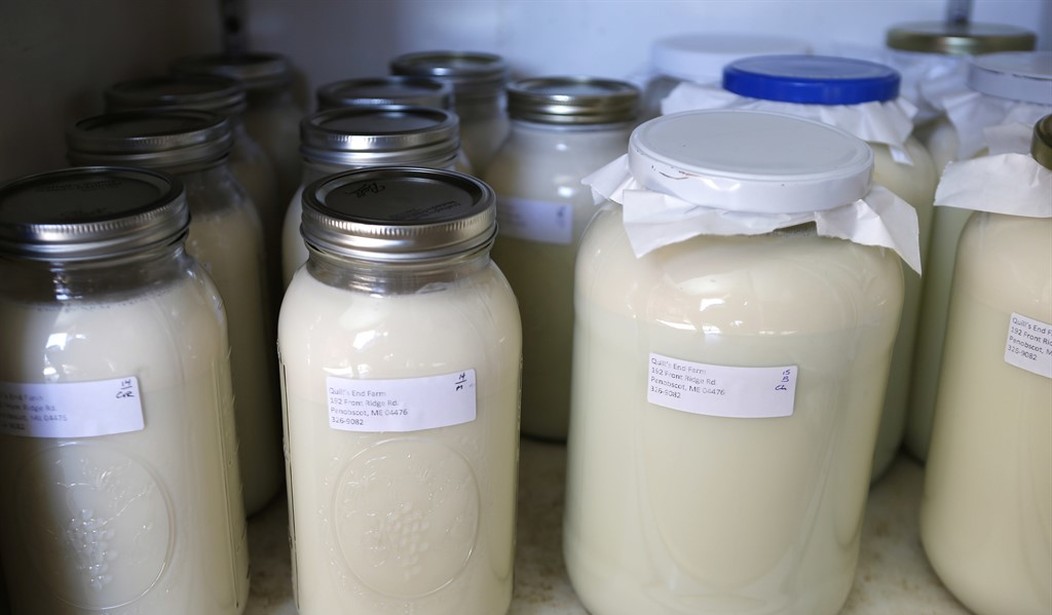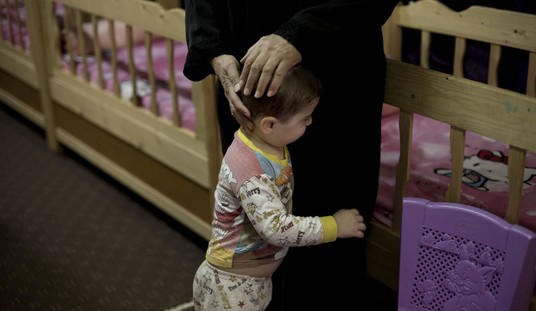The FDA recently announced that it would begin inspecting various dairy products in American grocery stores for bird flu — using, of course, fraudulent and faulty PCR testing methods.
This campaign coincides (purely coincidentally, obviously) with a new round of mRNA shots bankrolled by the federal government, which is funneling almost $200 million cash at this moment to Moderna for that purpose.
Related: HHS Set to Roll Out Bird Flu Vaxes by the Millions
In the past week or so, the narrative has emerged that the government — thank God they’re there to tell us the sun is bright and the sky is blue — has done its due diligence and found through careful testing that pasteurization kills viruses.
Amazing!
Who could have known that a technique designed specifically to kill pathogens would kill pathogens?
Via US News (emphasis added):
As bird flu continues to spread among U.S. dairy cows, reassuring new government research finds the pasteurization process widely used in the industry effectively kills all bird flu virus in milk.
In a health update posted Friday, the U.S. Food and Drug Administration said the results are the latest to show that pasteurized grocery store milk remains safe from the highly pathogenic avian virus H5N1."
The text of the “update,” via the highly trusted and revered FDA (emphasis added):
“The FDA, along with our federal partners at the U.S. Department of Agriculture, is announcing results from a first-of-its-kind study using the process typically used by commercial milk processors. The intention of this study was to further confirm that pasteurization is effective at inactivating Highly Pathogenic H5N1 Avian Influenza (H5N1 HPAI)* virus in fluid milk and other dairy products made from pasteurized milk.
The study – the only one to date designed to simulate commercial milk processing – found that the most commonly used pasteurization time and temperature requirements were effective at inactivating the H5N1 HPAI virus in milk. These results complement the FDA’s initial retail sampling study in which all 297 samples of dairy products collected at retail locations were found to be negative for viable H5N1 HPAI virus.
Collectively, these studies provide strong assurances that the commercial milk supply is safe.
*Anyone who knows anything about biology understands that pasteurization kills viruses; that’s the entire point of the practice. Why bird flu would be assumed to be any different and why we need the FDA goon squad to tell us that speaks to the infantilization of the public and the dumbing down of America that we now take for granted from the ruling class. File under: “don’t do your own research,” the constant refrain from the Public Health™ authorities and corporate state media during COVID-19 terror.
But… the caveats here are that a “certain type of pasteurization may not always be effective in killing the virus” and, more importantly, the strong implication that raw milk is the Trojan Horse that’s going to usher in the next promised pandemic.
Via Forbes (emphasis added):
Dozens of cows infected with bird flu have either died or been slaughtered in Colorado, Ohio, Michigan, South Carolina and Texas, which is unusual since—unlike poultry—cows cost more to slaughter and around 90% usually make a full recovery…
A new study with mice suggests that drinking infected milk can spread the disease—and that a certain type of pasteurization may not always be effective in killing the virus…
The Food and Drug Administration announced it will commit an additional $8 million to ensure the commercial milk supply is safe, while the Department of Agriculture said it will pay up to $28,000 per farm to help mitigate the spread of the disease, totaling around $98 million in funds.
Via Forbes (emphasis added):
An alarming 14% of raw milk samples taken from four states with dairy herd outbreaks contained infectious H5N1 bird flu, according to new testing results released by the FDA.
The researchers took 275 milk samples from bulk storage tanks on farms in states where dairy cattle are confirmed to be infected by H5N1. The virus was actually detected in 57.5% of the samples, with further testing showing that a quarter of these contained infectious virus. However, the FDA was keen to stress that the study was not specifically designed to assess the prevalence of the virus in milk and that the numbers might not be more widely representative.
"The goal of this study was to determine what range of viral load might be present in raw milk samples from farms that routinely send product for pasteurization, not to determine state-wide or national H5N1 virus prevalence in the overall milk supply," said a spokesperson for the FDA.
So we have two options here moving forward:
- A) As I speculated recently at PJ Media, even though the evidence is overwhelming that pasteurization works to kill the virus (duh!), the possibility left open that it might not always work enables the Public Health™ authorities to pop up a positive in pasteurized milk if the need arises
- B) I suspect that this might really be a warning shot to raw milk vendors that their days of selling wholesome, fresh milk laden with beneficial bacteria that hasn’t been zapped in a dairy factory are numbered.










